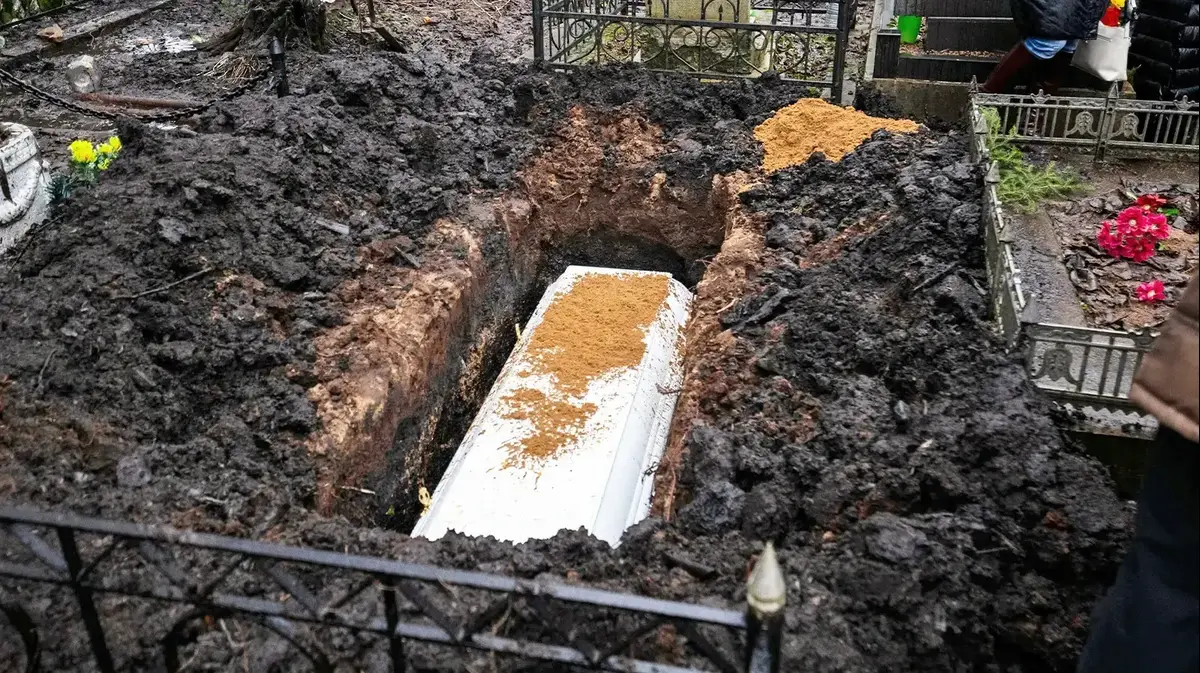Israel's Burial System Faces Looming Crisis
In 2020, the State Comptroller published an extensive report on the burial system in Israel, examining the provision of burial services to Jewish and non-Jewish citizens. However, a follow-up audit conducted between February and July 2023 revealed that Israel is still unprepared to handle the increasing burial needs, particularly in areas with severe land shortages.
In March 2023, a significant government decision was made, prioritizing field burials in response to public demand. This marks a shift from previous governmental and professional recommendations, which aimed for burial density to optimize land use given the critical land shortage in Israel's most populated areas.
The move away from promoting more saturated burials - space-saving methods that increase the number of burials per unit of land - towards field burials may contribute to a severe shortage of burial grounds. This shortage is expected to become more acute, especially in high-demand areas.
The absence of a complete and up-to-date database further hampers effective planning. The Ministry of Religious Services does not sufficiently analyze the data it receives from burial bodies, leading to a lack of understanding of the current situational picture across cemeteries and districts.
Rising Costs and Lack of Regulation
The audit highlights that despite the increase in saturated burials from 17% in 2012 to 35% in 2022, the Ministry of Religious Services has not updated its regulations to ensure adherence to the government's decisions. Consequently, many burial bodies are not instructed to perform burials in a more space-efficient manner.
Additionally, those who wish to bury their deceased in unusual plots or closed cemeteries are subject to unregulated fees, sometimes reaching up to NIS 80,000 per grave. In 2021, burial bodies generated approximately NIS 290 million from the sales of such graves. This burgeoning market remains largely unregulated, creating significant disparities and financial burdens for many families.
Burial practices for non-Jewish Israeli citizens are also inadequately regulated. The Ministry of the Interior has not formalized the burial procedures for non-Jewish communities, and the National Insurance does not support them adequately. This gap in regulation has led to inconsistent practices and a lack of funding for regulated burials.
Comptroller Engelman has urged various ministries, including the Ministry of Religious Services, the Planning Administration, and the Ministry of Finance, to establish principles ensuring optimal land use for burials. With projections suggesting over 8.5 million more deceased by the end of the twenty-first century, including non-Jewish communities, such steps are imperative to address Israel's burial crisis effectively.
- The State Comptroller's report underscores the necessity of creating a comprehensive and updated database to aid in long-term planning. This database should detail the number of grave plots needed, future needs by population demographics, and the geographic distribution of plots.
- The lack of mapping cemetery occupancy is a significant barrier to strategic planning. Without proper data, both the Planning Administration and the Israel Lands Authority face challenges in formulating efficient burial solutions.
- To mitigate the crisis, a shift towards stricter regulation and better data management is essential. Establishing standardized fees for grave plots, particularly for unusual plots, would help create fairness and prevent exploitation in the burgeoning burial market.
- For non-Jewish burial practices, comprehensive legislation is needed to ensure consistent, respectful, and adequately funded procedures. Collaboration between government bodies and religious authorities will be key to creating an inclusive and fair burial system in Israel.






